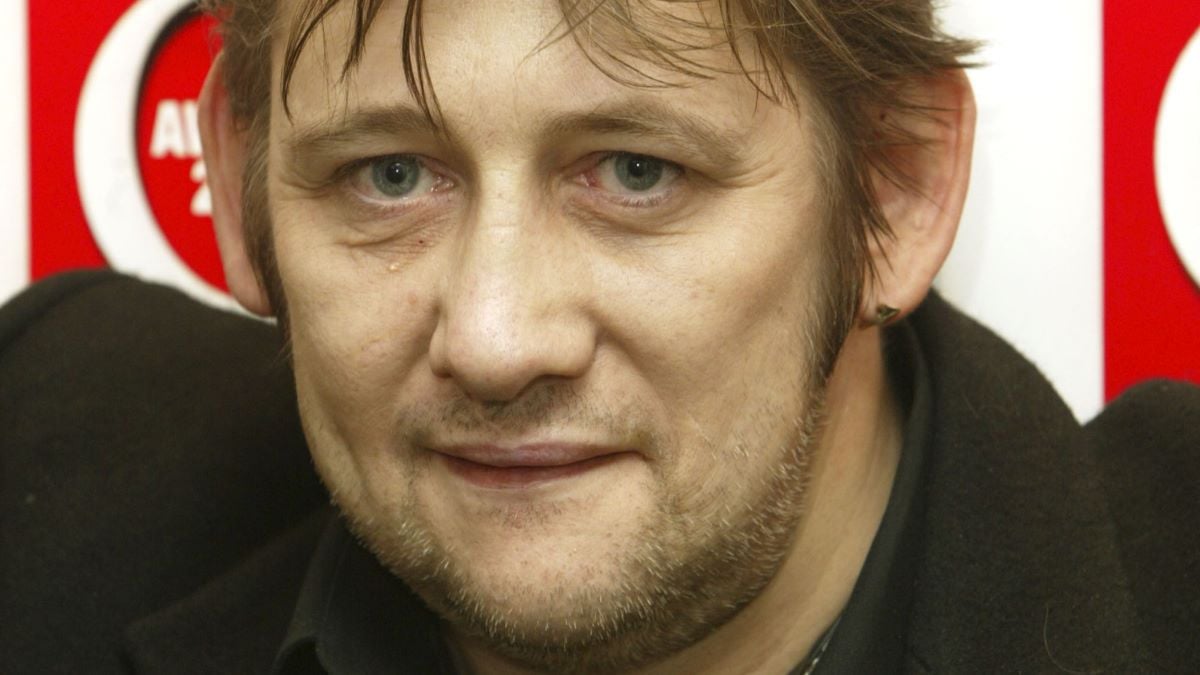All around the world The Pogues’ spiky Christmas classic “Fairytale of New York” is playing from speakers but, tragically, the song’s writer and singer Shane MacGowan will not be around to hear it.
The news has broken that MacGowan has died at the age of 65 following a long period of ill-health. MacGowan’s career began at the height of punk in the 1970s and had its ups and downs, not helped by his alcohol and substance abuse issues. But however he was doing, MacGowan was always a hugely quotable interviewee.
So, as we remember one of the greatest Irish musicians of our time, let’s look back at 10 times he truly spoke his mind.
On music
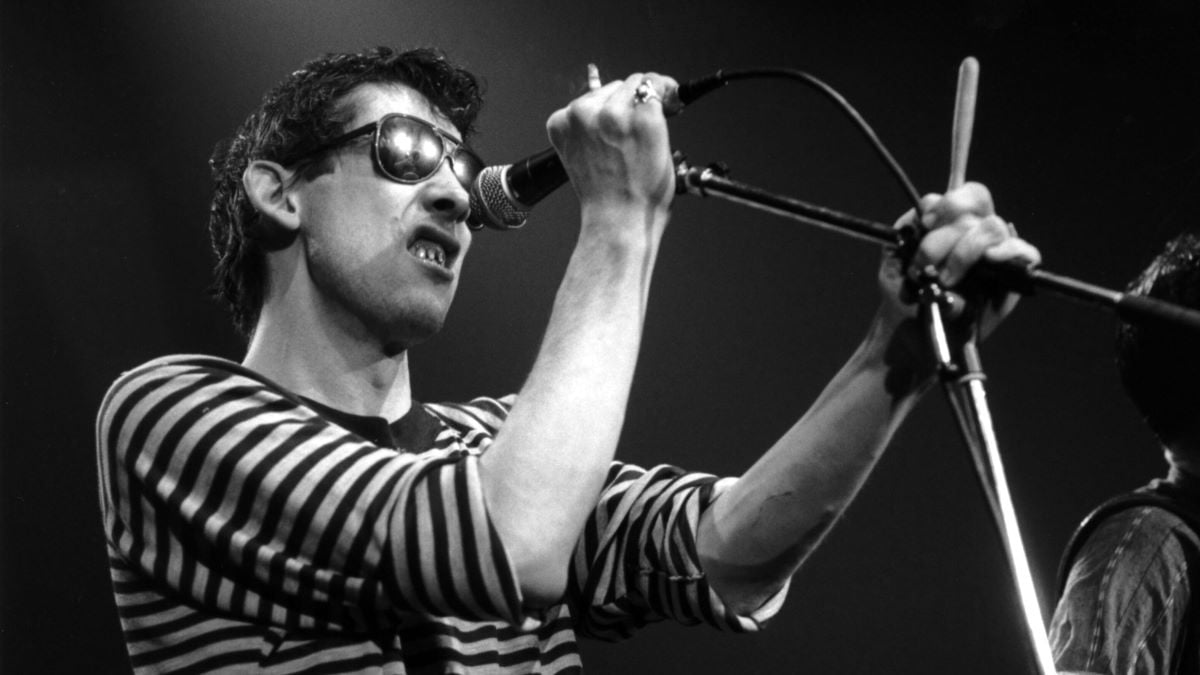
MacGowan crammed sincerity and pain into his music, often singing like this heart depended on it. From his earliest days he’d loved music, apparently being put onto the kitchen table in order to sing songs for his family. But he always promoted and respected Irish folk music, summarizing his views by saying:
“I’m just following the Irish tradition of songwriting, the Irish way of life, the human way of life. Cram as much pleasure into life, and rail against the pain you have to suffer as a result. Or scream and rant with the pain, and wait for it to be taken away with beautiful pleasure.”
He also rhapsodized about the range in Irish music:
“Irish music is guts, balls and feet music, yeah? It’s frenetic dance music, yeah? Or it’s impossibly sad like slow music, yeah? Yeah? And it also handles all sorts of subjects, from rebel songs to comical songs about sex, you know what I mean, yeah? Which I don’t think people realize how much innuendo there is in Irish music.”
And he was passionate about music up until the day he died:
“My mother was a champion Irish dancer and singer and most of my family were musical, particularly in Irish dancing. Music is all about spewing out your emotions. A mixture of a good tune and a good beat and everyone playing their guts out and something that grabs people’s attention.”
On The Pogues
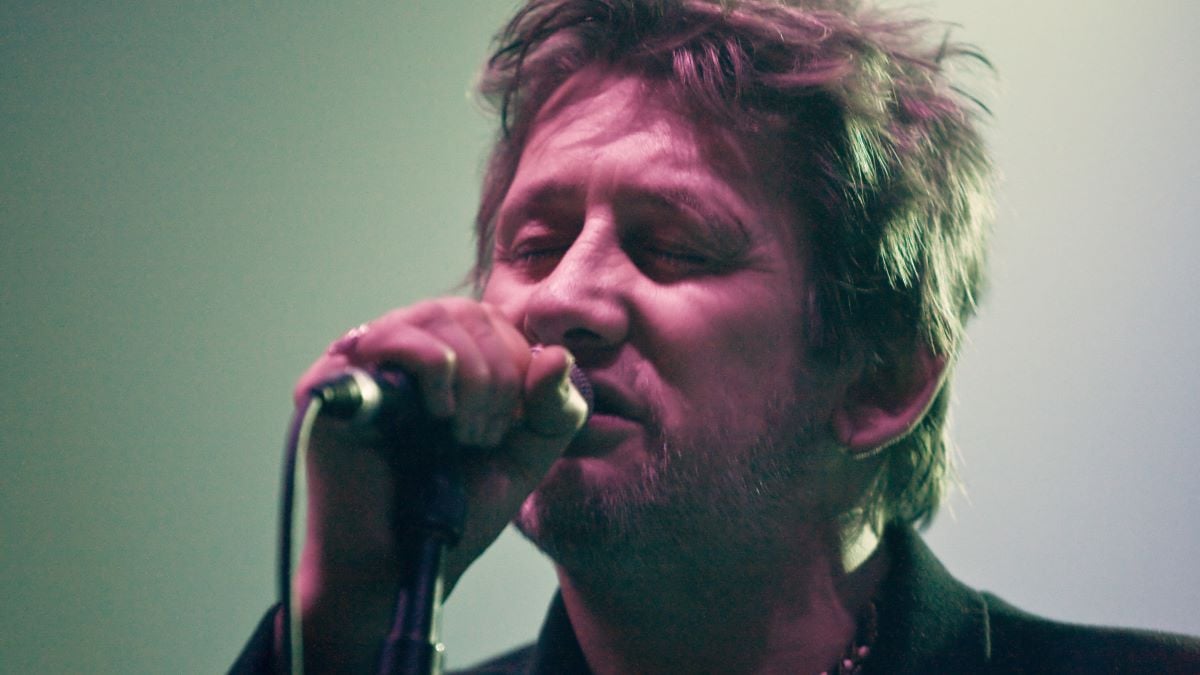
MacGowan was the front-man of The Pogues, though he had a famously fractious relationship with his bandmates. Eventually, after failing to appear for a series of concerts in Japan in 1991 they fired him. He went on to work as a solo musician and formed his own band, The Popes:
“With The Pogues, at least the first three albums I’ll stand by completely, yeah? Because I was in artistic control then, yeah? And the last couple of albums I’ll stand by anything that’s got my name on it, yeah? But I’ll stand by anything that is on The Popes’ albums, you know? I wouldn’t put stuff out that I didn’t like. I don’t put out bad music. And I can tell the difference. I know that.”
On alcohol
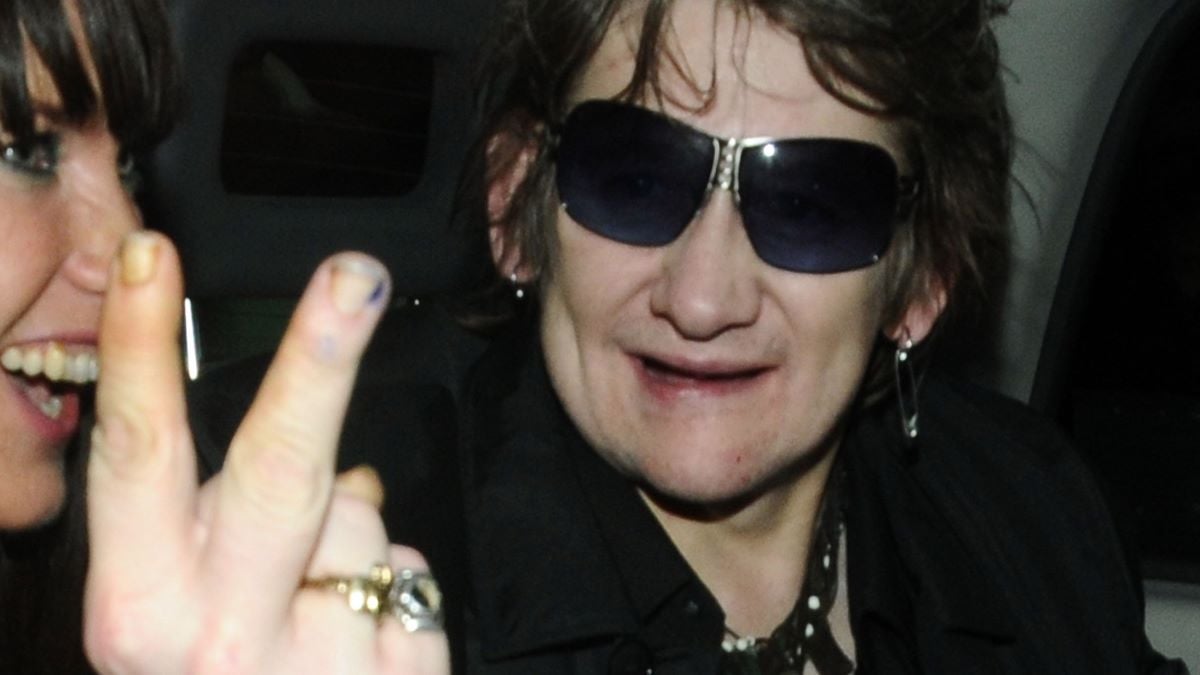
Despite the toll it took on his professional career, MacGowan often waxed lyrical about alcohol and how it had benefited him. In this he seems to have found some kind of spiritual happiness:
“The most important thing to remember about drunks is that drunks are far more intelligent than non-drunks — they spend a lot of time talking in pubs, unlike workaholics who concentrate on their careers and ambitions, who never develop their higher spiritual values, who never explore the insides of their head like a drunk does.”
He also said:
“There is drinking in lots of the songs because there is drinking in life. Drinking stimulates the imagination.”
And, when quizzed about why he drank he had the pithy answer:
“I drink because I’m thirsty.”
On his teeth
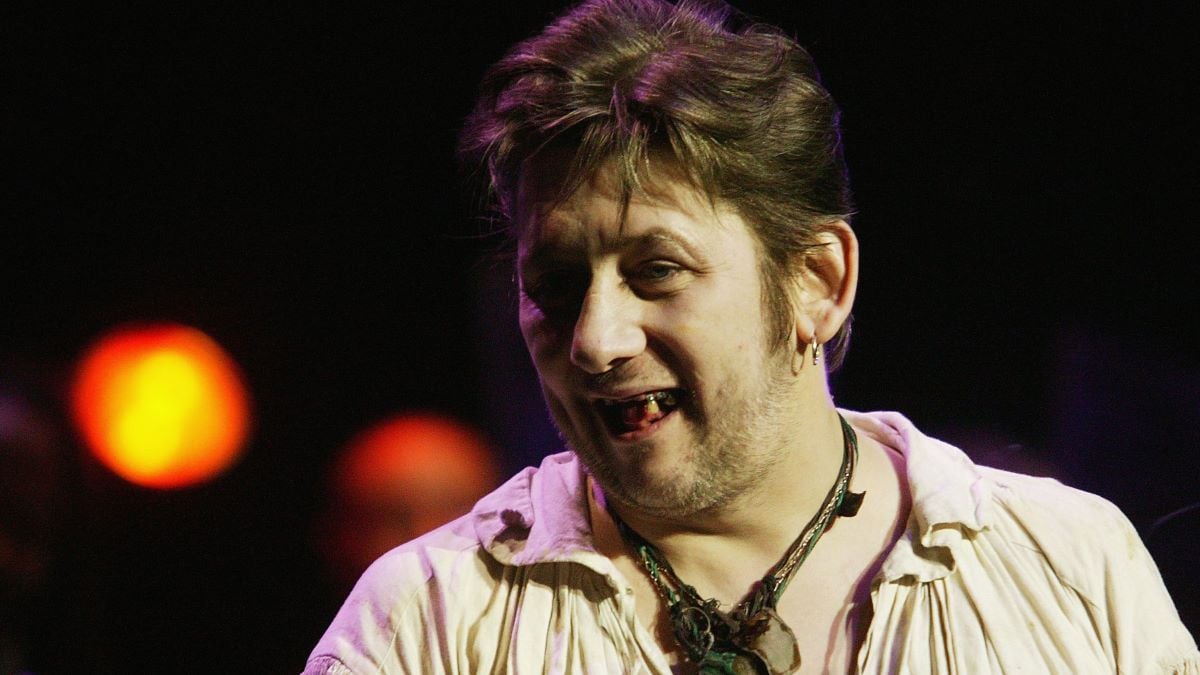
MacGowan spent much of his career with absolutely terrible teeth, partially down to his alcohol and substance issues, and apparently due to a fear of the dentist. MacGowan was eventually the subject of the documentary — Shane MacGowan: A Wreck Reborn — about an operation to improve his teeth, in which he explained where his fear of dentistry arose from:
“Everybody was scared of the dentist in those days. When I was very small I had teeth taken out by a string round the tooth and then put on the door handle there. They wouldn’t tell you what they were going to do, they would just bang the door and out came the tooth.”
And on the impending operation?
“I am dreading it, but it’s got to be done.”
On his life philosophy
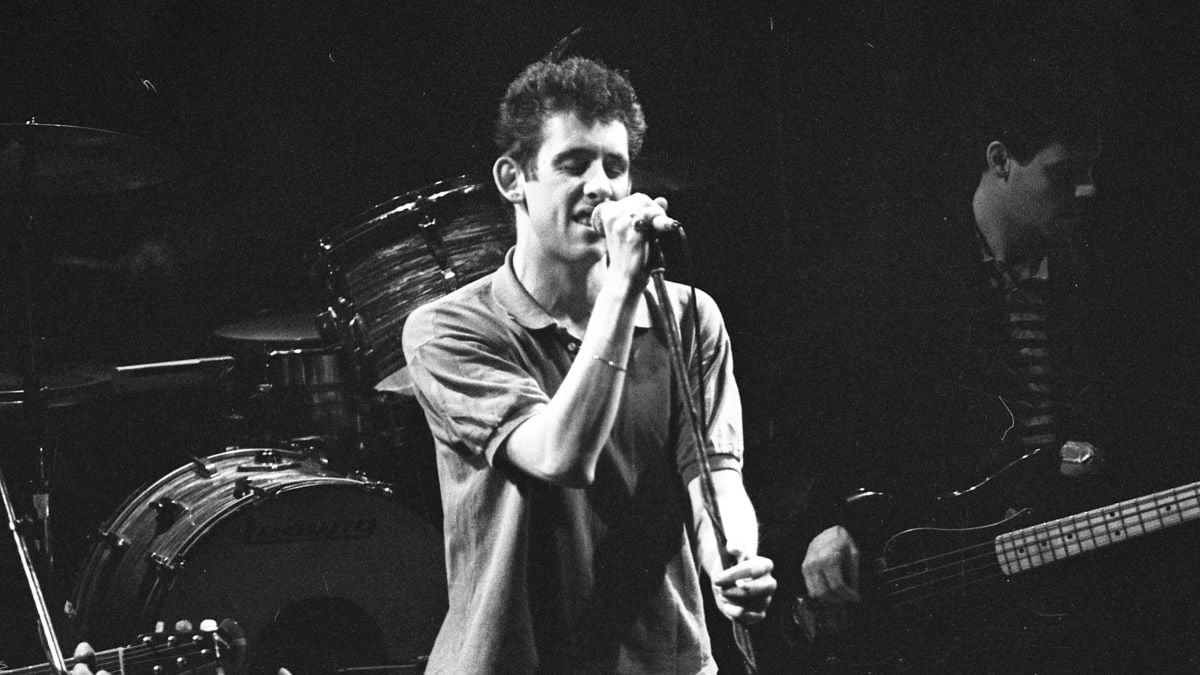
MacGowan was unapologetic about his hedonistic lifestyle, even when he was suffering the social, professional and medical complications that arose from it. Perhaps the best quote that summarizes his perspective on life is:
“Cram as much pleasure as you can into life, and rail against the pain that you have to suffer as a result.”
RIP to a real one, and expect to hear MacGowan’s distinctive voice blasting from every Irish pub around the world today.

